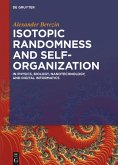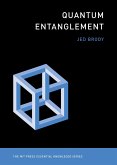The definition of a body in terms of metaphysics is a puzzling endeavor. It is likely to connote the notion of some sort of inert physical matter subject to the whims of volition and in kind to physical law. This view is particularly widespread in philosophy when one is dealing with thinkers of the Enlightenment - most famously, Immanuel Kant. John Locke, for example, defines body simply as ".. something that is solid and extended, whose parts are separable and movable different ways." (Nidditch, 1975) However, the issue becomes more complex than just that. This is illustrated by even the most cursory glance at the philosophical movement of Embodiment. Embodiment as referred to in this article, does not refer to the word as the school of analytic philosophy generally does, i.e., to deal with issues of Philosophy of Mind and artificial intelligence.







